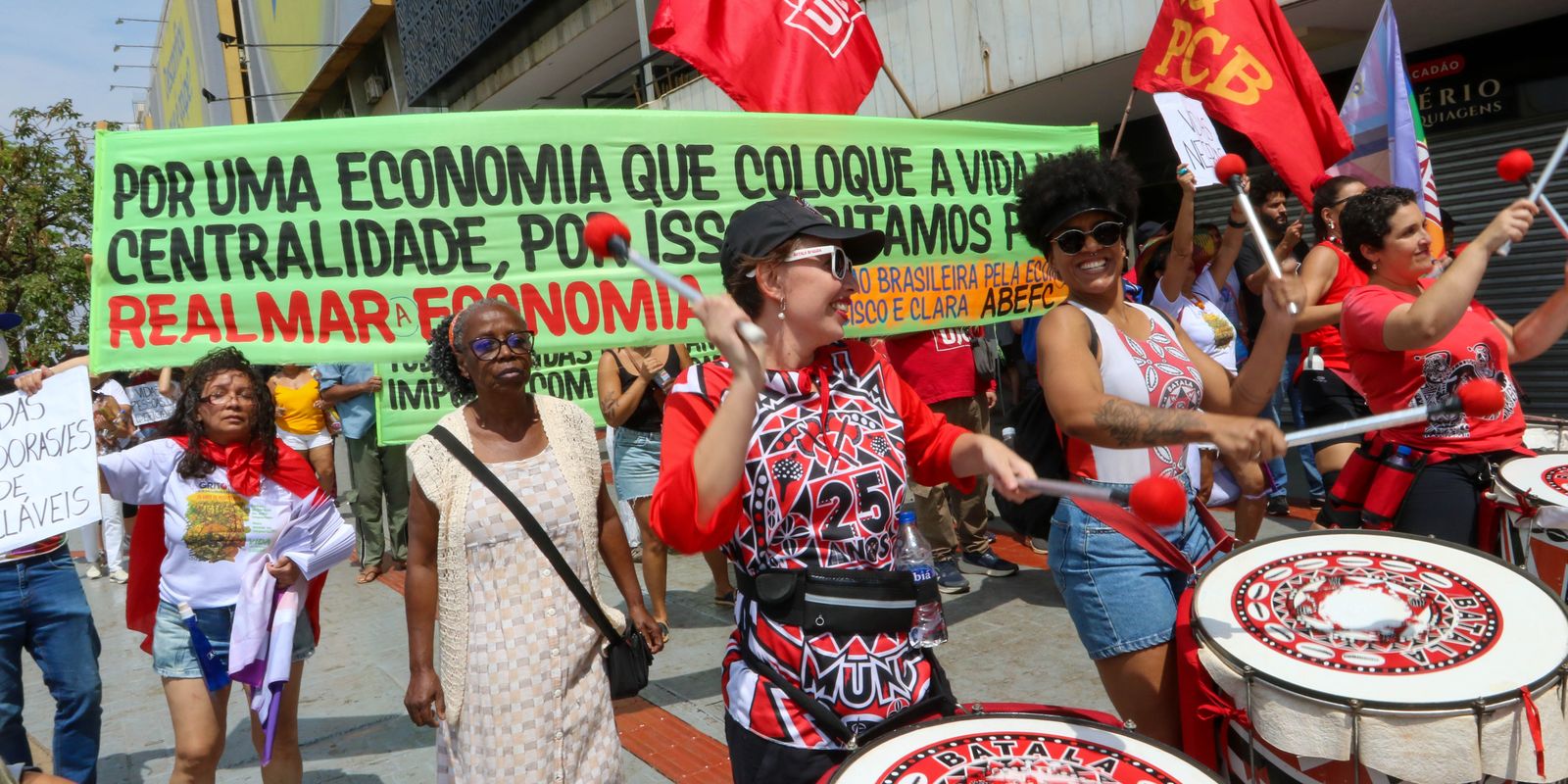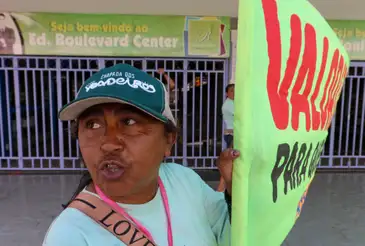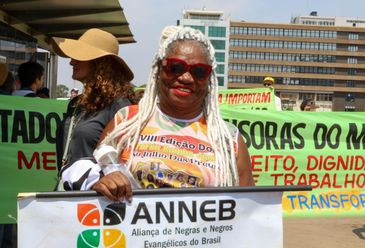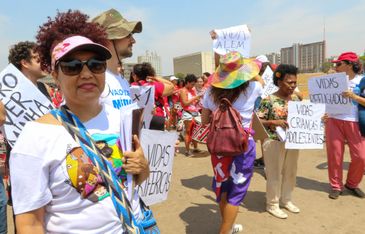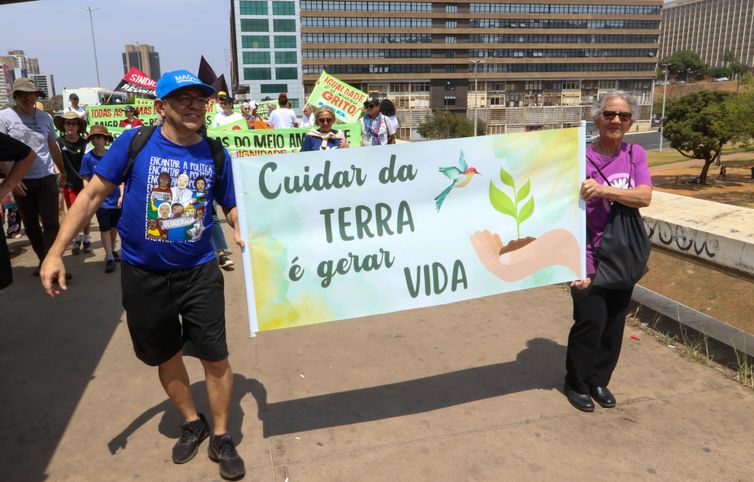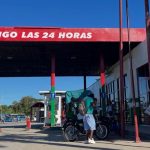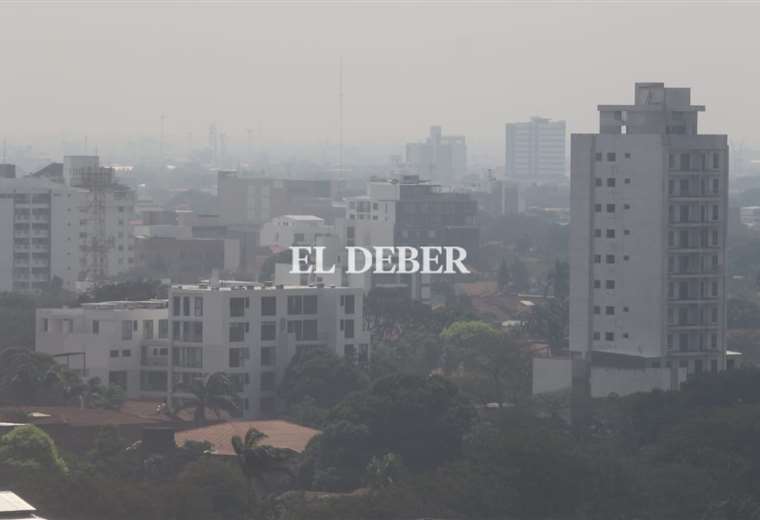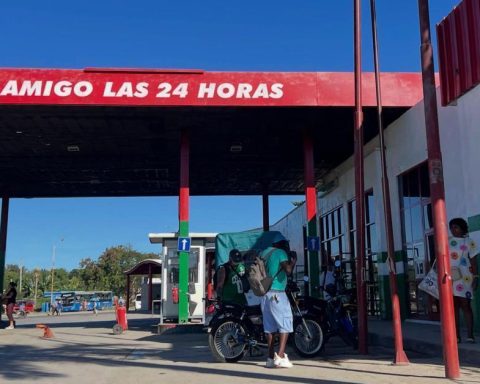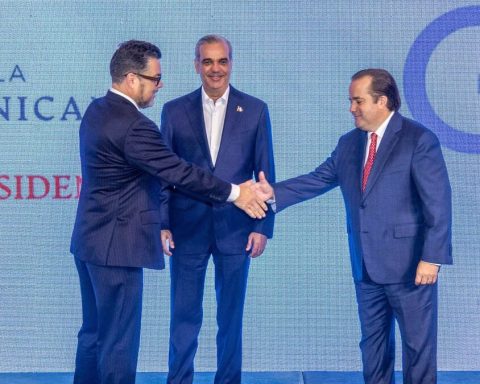Social movements, communities, and popular groups from different places and religions, who resist in the most diverse struggles, took to the streets across the country to give voice to the Cry of the Excluded on September 7. The movement, which is celebrating its 30th anniversary, brought in 2024 the reflection “Life comes first: all forms of life matter. But who cares?”
The president of the Association of Collectors of Recyclable and Reusable Materials of the Cerrado, Raimunda Nonata de Souza e Silva, known as Joelma, reinforces that the lives of collectors matter, which is why she advocates for more attention to the demands of these workers.
“We save nature, we save lives, but we need to be seen, we need to be seen in our rights, in health, and we need to be given a value worthy of the collectors. Today we work in the sun, we got the land from the federal government, but we need a warehouse to have dignity.”
The representative of the Plenary of Black Women in Politics, pastor Wall Moraes, gave voice to the debate on female representation in electoral and party funds.
“I want to draw the attention of all movements and collectives in the five Brazilian regions to the fact that there is no point in increasing the number of women and black women running if they do not receive public money from the party fund and the electoral fund, 30% of which is for them to finance their campaigns,” he claimed.
According to Vanildes Gonçalves dos Santos, representative of the Center for Biblical Studies at the Catholic University of Brasília, which is part of the organization of the movement, more than 40 organizations participated in the event in Brasília this year. In its 30th edition, the mobilization is being called by the organizers the Cry of the Excluded, Excluded and Excluded.
“It is a cry that arises within the Roman Catholic Apostolic Church, the CNBB [Conferência Nacional dos Bispos do Brasil]from CRB [Conferência dos Religiosos do Brasil]but which brings together around them the ecumenical, inter-religious, social movement in all these years of struggle.”
Project for Brazil
Created during the 2nd Brazilian Social Week, promoted by the CNBB in 1994, the Cry of the Excluded arose from a reflection between the Church and popular movements on the construction of a more inclusive Brazil.
“It has become clear that the country that celebrates every September 7th is not a country capable of including a large category of people. Our country continues to have profound inequality, especially in terms of people’s right to housing, work, land to live in and all rights,” highlighted Father Dário Bossi, advisor to the Episcopal Commission for Socio-Transformative Action of the CNBB.
According to Bossi, the Cry of the Excluded represents a “project of the Brazil we want,” built on the unity generated by various religious expressions that join forces with the cause of popular movements and unions. “The Church takes seriously the request that Pope Francis made for greater dialogue with popular movements. The Pope recognizes that popular movements, even if not necessarily inspired by religious reasons or spirituality, have a burden of commitment to the well-being of the collective, to the common good, which needs to be valued. The Pope calls popular movements social poets,” he emphasized.
Well living
The Cry of the Excluded is a day of this integration, which, according to Father Dário, is continuous, following the example of initiatives such as the Popular Project Brazil that We Want: the Good Living of the People, launched within the program of the 6th Brazilian Social Week (2020-2024), last August.
The project calls for collective reflection on the construction of initiatives to affirm agroecology, communities’ coexistence with drought, urban projects in urban peripheries, community kitchens, combating hunger, popular organization for the right to housing, projects that also provoke and stimulate agrarian reform, the right of communities and families to have land to work.
“This idea of a popular project is in fact to give voice to the countless initiatives that exist at the grassroots, in the communities, in the territories of our country and that have valued the capacity of communities to organize themselves, despite, often, as I say, the exclusion they suffer,” concluded Bossi.
